Regular contributor Helen Tope reviews I, Tonya, showing in the PAC cinema until Thursday 12 April.
Satire gliding on a knife-edge, I, Tonya tells the story of American figure skater Tonya Harding. At her sporting best during the 1990’s, Harding took on – and mastered – the triple axel. A notoriously difficult move, Harding made history by being the first American woman to land a triple axel in competition. Her story should be one of accolades and Olympic glory, but instead her name is synonymous with intrigue and scandal.
Harding’s main competitor was Nancy Kerrigan. Polished and sophisticated, Kerrigan was the polar opposite of Harding, who wore purple and skated to ZZ Top. Now making efforts to become more inclusive, skating twenty years ago was a sport mired in elitism. Kerrigan fitted the mould and Harding did not. Harding was the better skater, but her brashness, on and off the ice, meant she was routinely underscored.
Spurred on by his idiotic best friend, Shawn (played brilliantly by Paul Walter Hauser), Tonya’s husband Jeff begins a campaign to see Harding triumph at the 1994 Lillehammer Olympics. The scheme, starting with death threats, soon spirals out of control.
Harding is a maverick talent, and ahead of her time. In 2018, a working-class girl in homespun glamour would capture our imagination and fire our sympathies. Tonya Harding’s problem is that she is competing through the 80’s and 90’s; a modern age still with attachments to old values. Be pretty, be polite. Sexy, but not too sexy, and under no circumstances, let the mask slip. The pursuit of perfection extends to the competitors’ lives off the rink, and this does not play to Tonya’s advantage.
Her background is not just poor and down-at-heel, it is squalid and violent. The ugly truths of Tonya’s life are exposed in this film, and the depiction of domestic violence is stark and uncompromising. I, Tonya is a dark comedy, and the darkness comes at you full-throttle. Told in flashbacks and interviews, the film teeters between the characters’ versions of the truth. We are batted back and forth between them, and Steven Rogers’ cleverly-crafted script doesn’t leave us with easy answers. Although she exhibits attitude for days, I, Tonya does a great job in highlighting Harding’s vulnerability. She is undoubtedly a victim, but the film suggests, a victim not always making the right decisions. I, Tonya pivots around bad decisions.
The quicksand of Tonya’s early life; her catastrophic marriage and her second shot at the Olympics, counters the structure of the traditional biopic. Events laid end to end as if pre-ordained; Harding’s life is chaotic and her success is by no means guaranteed. It makes the skating scenes even more powerful, as the confidence with which Tonya attacks the ice, is absolute. Indeed, it’s worth sticking around for the final credits, as real-life footage of Harding is shown. Her skating; bold, dynamic, has a purity that cannot be denied. It makes the underscoring all the more controversial – her level of ability is astonishing. As Tonya, Margot Robbie captures her weakness and pigheadedness. Robbie illustrates the frustration of a woman who cannot articulate what she wants without ruffling feathers.
Allison Janney in I, Tonya
Winning an Oscar for her performance, Allison Janney as LaVona Harding creates a mother figure straight from the pages of Grimm. Sour-faced and disappointed, LaVona channels her anger into her daughter, regardless of the cost. Janney is careful to underpin everything she does with the notion that LaVona ultimately wants a better life for her daughter. The motives may be solid, but the method is lacking. LaVona is thoroughly outrageous, but her behaviour stems from an impulse we would recognise in ourselves.
It is a desire to find truth beneath the hyperbole that gives this film its unique selling point. Not quite mockumentary, too much drama to be just a black comedy. I, Tonya avoids categorisation and this is what makes it a superior film. Bleak, honest and very, very funny – I, Tonya is proud to be different. It may leave you feeling uneasy, but like Harding herself, the skate is nothing without a little danger.
Helen Tope
@scholar1977

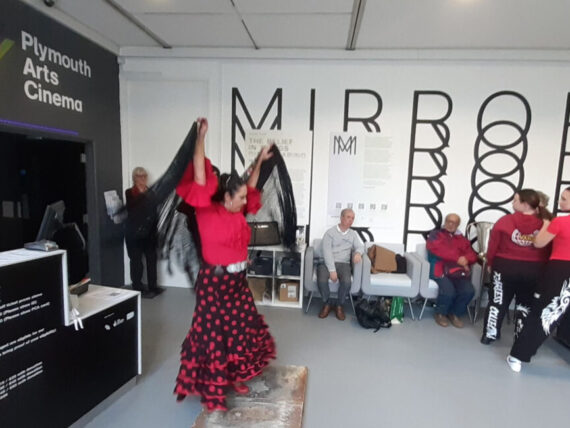
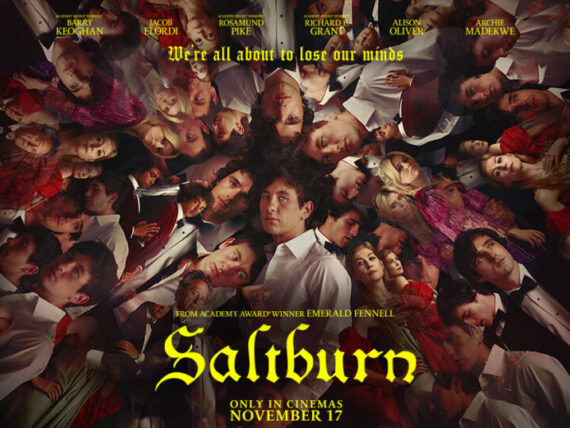

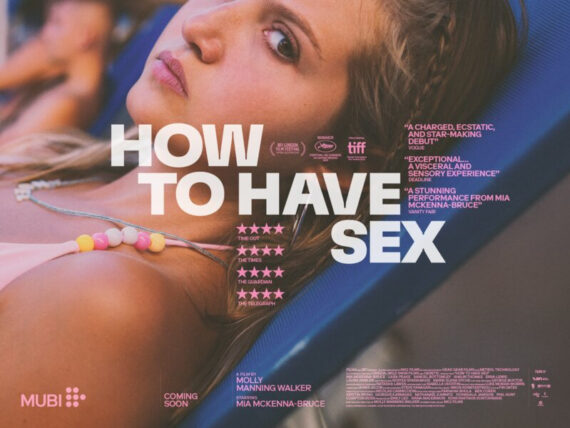
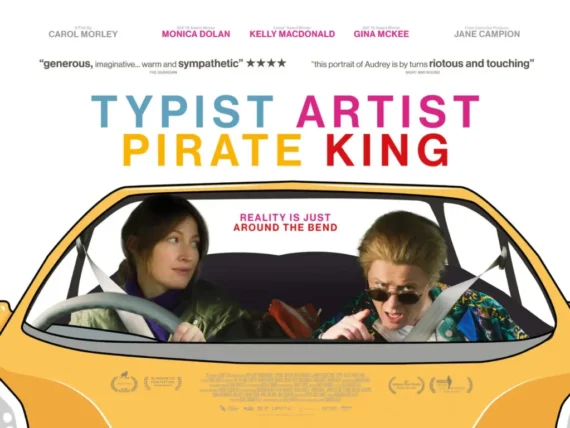
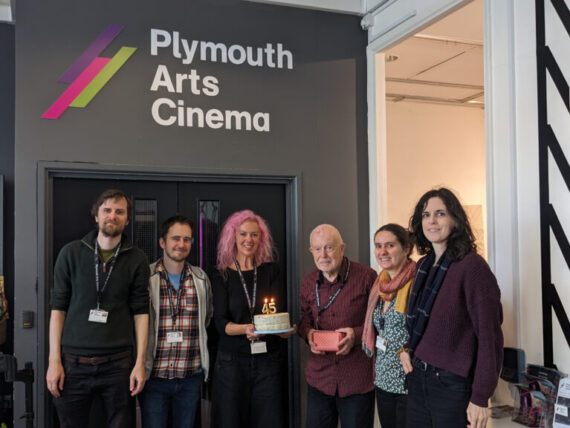
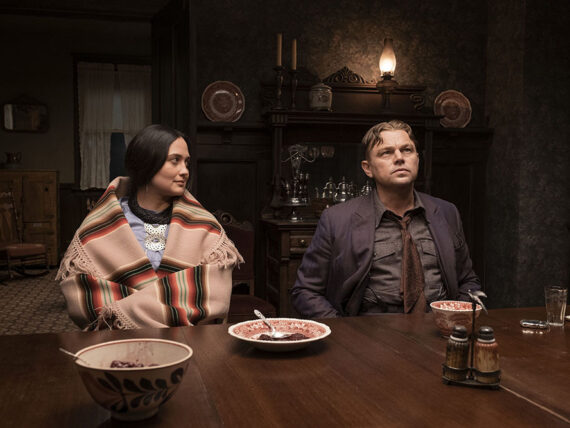
Comments
Comments are closed.